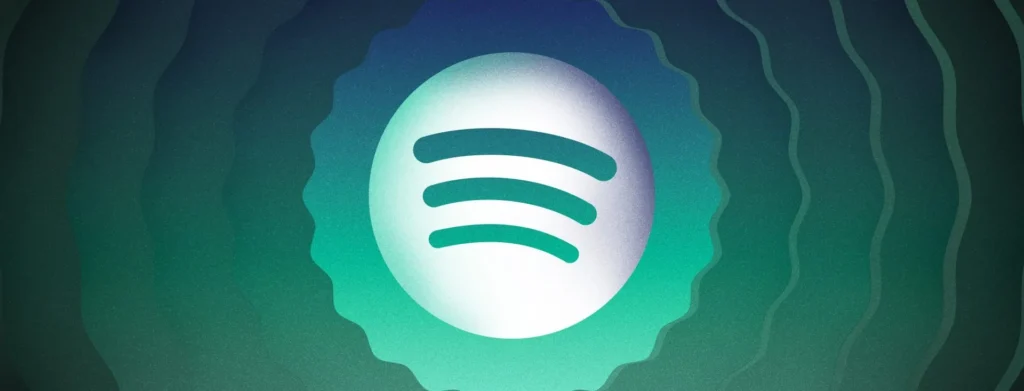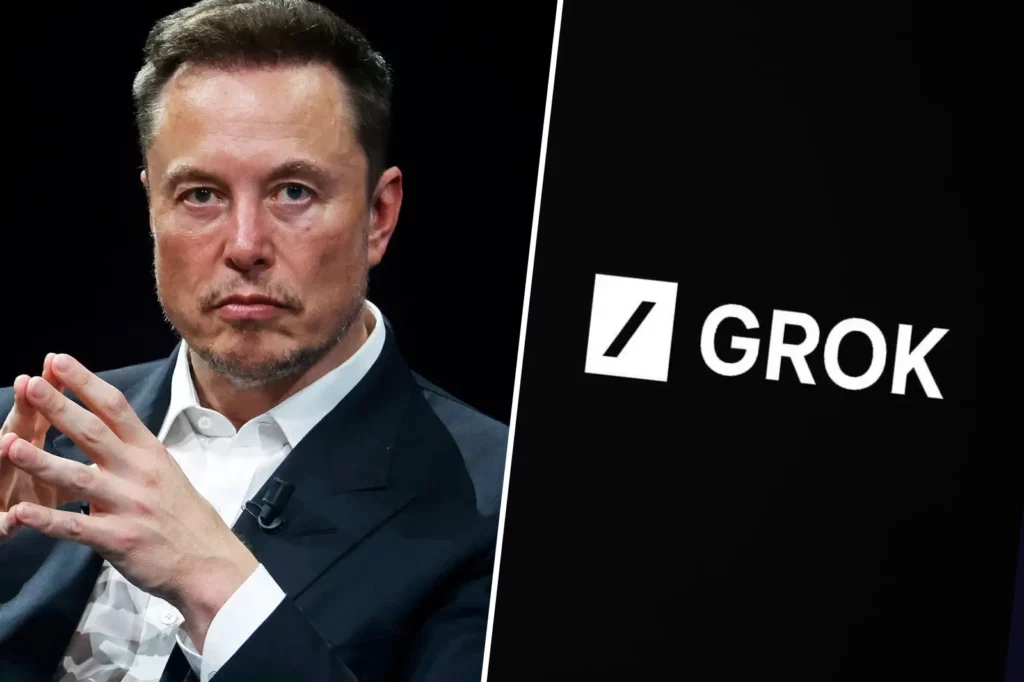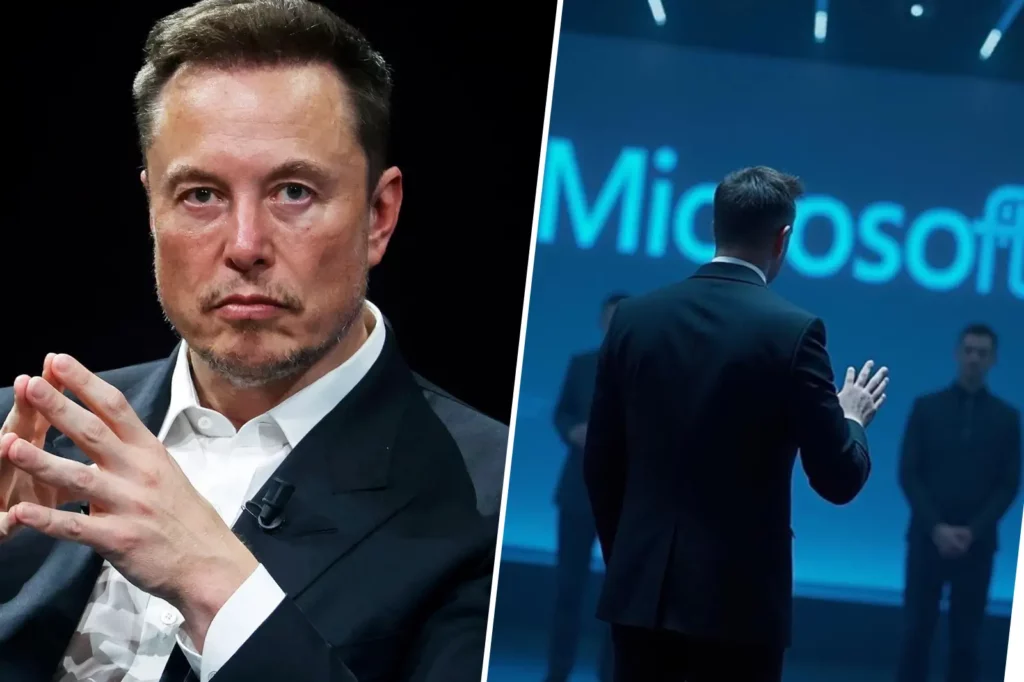Spotify partners with major labels to create a ‘responsible’ AI for artists
On Thursday, Spotify officially announced a series of strategic partnerships with major global labels — Sony Music Group, Universal Music Group, Warner Music Group, Merlin, and Believe — to develop a new generation of ‘responsible’ artificial intelligence tools.
The goal: to ensure fair compensation and artist control over the use of their works in AI-generated musical creations.
An unprecedented alliance between tech and the music industry
Spotify aims to build new AI products in collaboration with rights holders, rather than testing first and “asking for forgiveness later,” as is often the case in tech.
The platform announces the establishment of a generative AI research lab and a dedicated product team, responsible for creating technologies that comply with four main principles:
- Transparent partnerships — labels, distributors, and publishers will be involved early in AI projects.
- Artist choice — each artist can decide whether or not to allow their works to be used by AI tools.
- Fair compensation — new economic models must emerge to create additional revenue for artists and authors.
- Strengthening the connection with fans — AI should not replace human creativity but instead offer new forms of expression and interaction.
“Some in tech believe that copyright should disappear. We do not share this view. The rights of musicians matter. Copyright is essential,” says Spotify.
An AI at the service of creativity (and control)
Spotify has not yet detailed what these “AI products” will look like, but the service could eventually allow artists to:
- identify when their music is used in AI-generated pieces,
- receive corresponding compensation,
- and control how their creations are reused.
The system will gradually extend to publishers, distributors, and other rights holders.
Context: controversies and regulation
This initiative comes after several controversies related to AI-generated music on Spotify. The service had faced criticism for allowing a fully AI-generated “band” to go viral, raising questions about the place of human artists in the future.
In response, Spotify has recently tightened its rules to limit spam and fake AI artists, adopting the DDEX labeling system to clearly indicate when a song incorporates elements generated by artificial intelligence.
Between promise and skepticism
While Spotify emphasizes its “ethical and collaborative” approach, some observers remain skeptical about the concept of “fair compensation,” a topic on which the platform is often criticized.
For now, the Swedish firm states that the first AI projects are already in development and aim to “create unprecedented experiences for fans and artists.”




